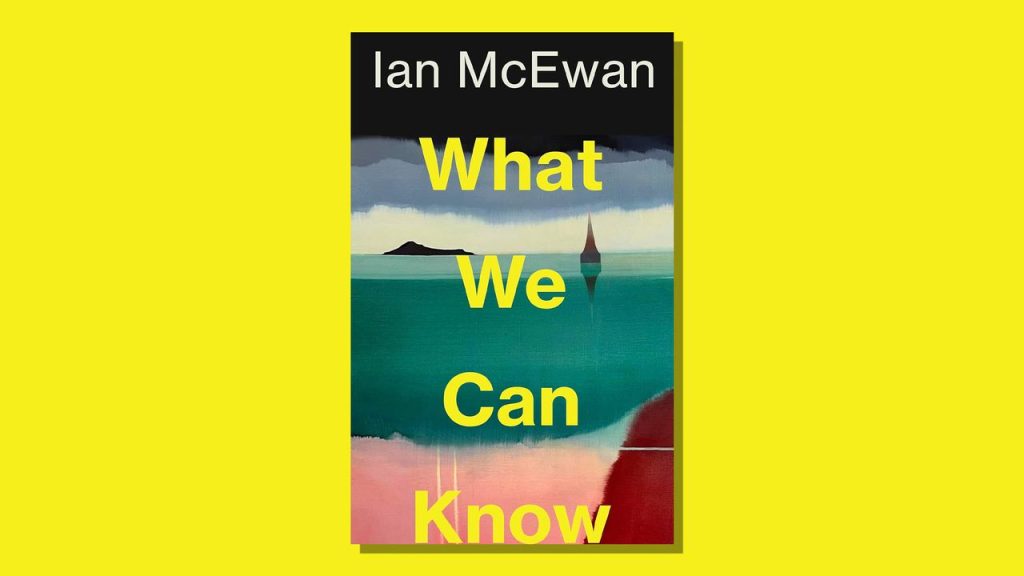Ian McEwan may be 77, said John Self in The Times, but he doesn’t seem to be “slowing down”. His hugely ambitious latest novel, a “richly imagined” work of “curious charm”, brings together “poetry, dementia, social and personal memory, the progress of human development, murder and more”.
The year is 2119, and England is “now an archipelago, with low land under water”, having been ravaged by “catastrophic flooding” – partly produced by climate change, but also by a Russian nuclear attack in 2042. Tom Metcalfe, the narrator, teaches English at the University of the South Downs, specialising in the literature of the early 21st century – a period now called “the Derangement”. In particular, he is fascinated by a poet named Francis Blundy, whose most notorious work was a sonnet sequence written for his wife Vivien, which he recited at a dinner party in 2014. Those present attested to its genius – but afterwards the only copy disappeared. Metcalfe’s research into the events of that night – which mainly takes place in a Bodleian Library, now located in Snowdonia – leads him to believe he can recover the lost manuscript.
McEwan has fun with the details of his futuristic Britain, which “as post-apocalyptic dystopias go”, doesn’t seem too terrible, said James Walton in The Daily Telegraph. “Give or take the odd gang of bandits roaming the islands of the former Lake District, British society has readjusted rather than collapsed.” Elsewhere, things are more chaotic: Germany has been incorporated into Greater Russia; America is “a battleground for competing warlords”; and Nigeria is the “dominant power”. McEwan’s sentences remain “elegant and unhurried”, and it’s stirring to see him “pushing himself harder than ever”. Yet the novel ultimately suffers from information overload: it’s too “overstuffed – or if you prefer, a bit bonkers” – to be “wholly successful”.
“What We Can Know” indeed seems to “have everything”, said Anthony Cummins in The Observer. It starts out blending “doomy futurism” with “spiky campus satire”, before “finally taking shape as a gripping page-turner about marital duty and guilt”. Yet remarkably, it hangs together. “The movement between the domestic and the geopolitical hasn’t always been smoothly managed in McEwan’s work, but it’s carried off here with winning audacity.” It reads in some ways like a “McEwan’s greatest hits album”, said Jon Day in the Financial Times. And that’s no bad thing. “Aware of its limitations and comfortable in its skin”, this is McEwan’s “most entertaining and enjoyable novel for years”.
Available at The Week Bookshop
The acclaimed writer’s ambitious new book sets out a ‘richly imagined’ vision of post-apocalyptic Britain
